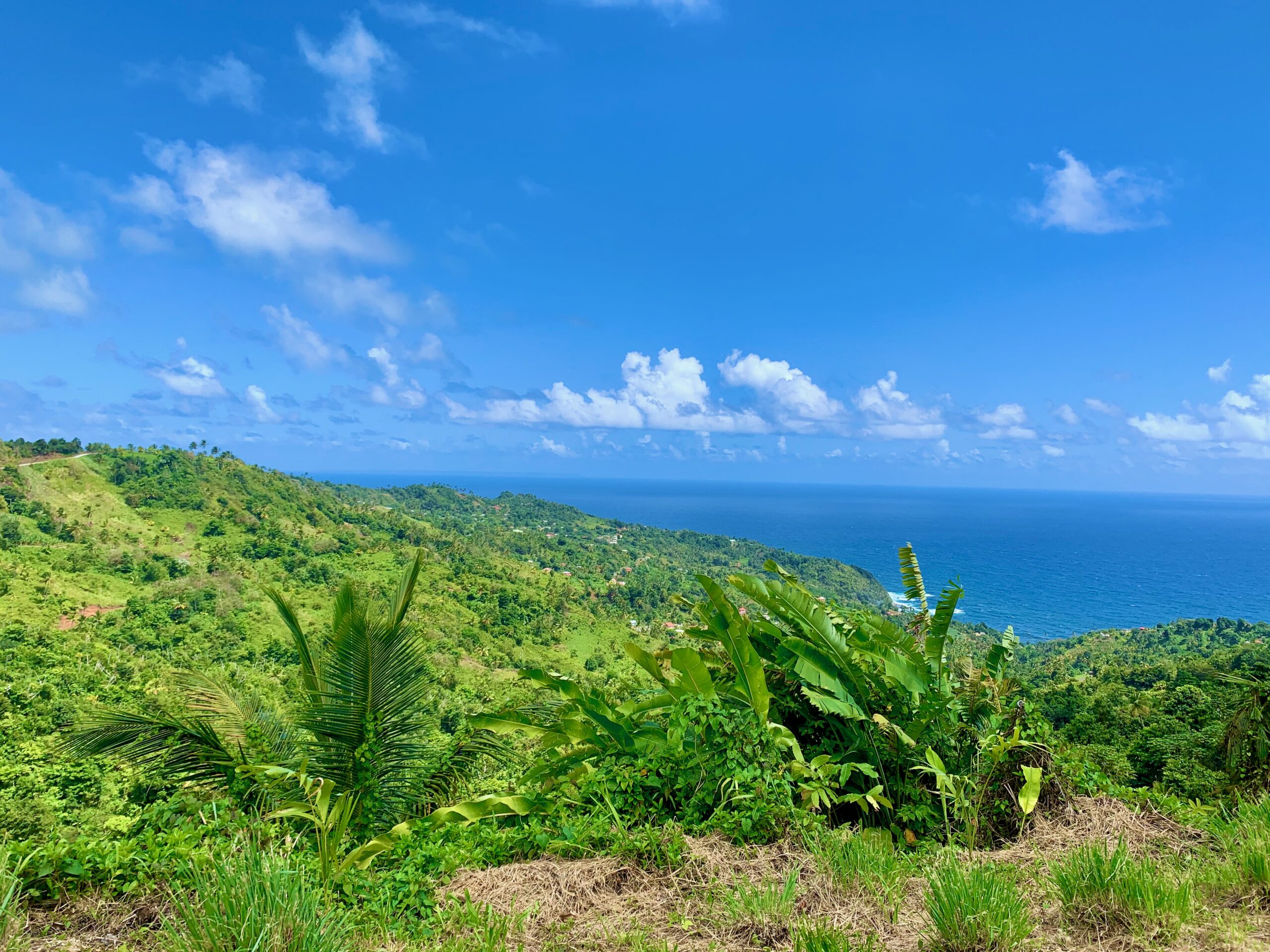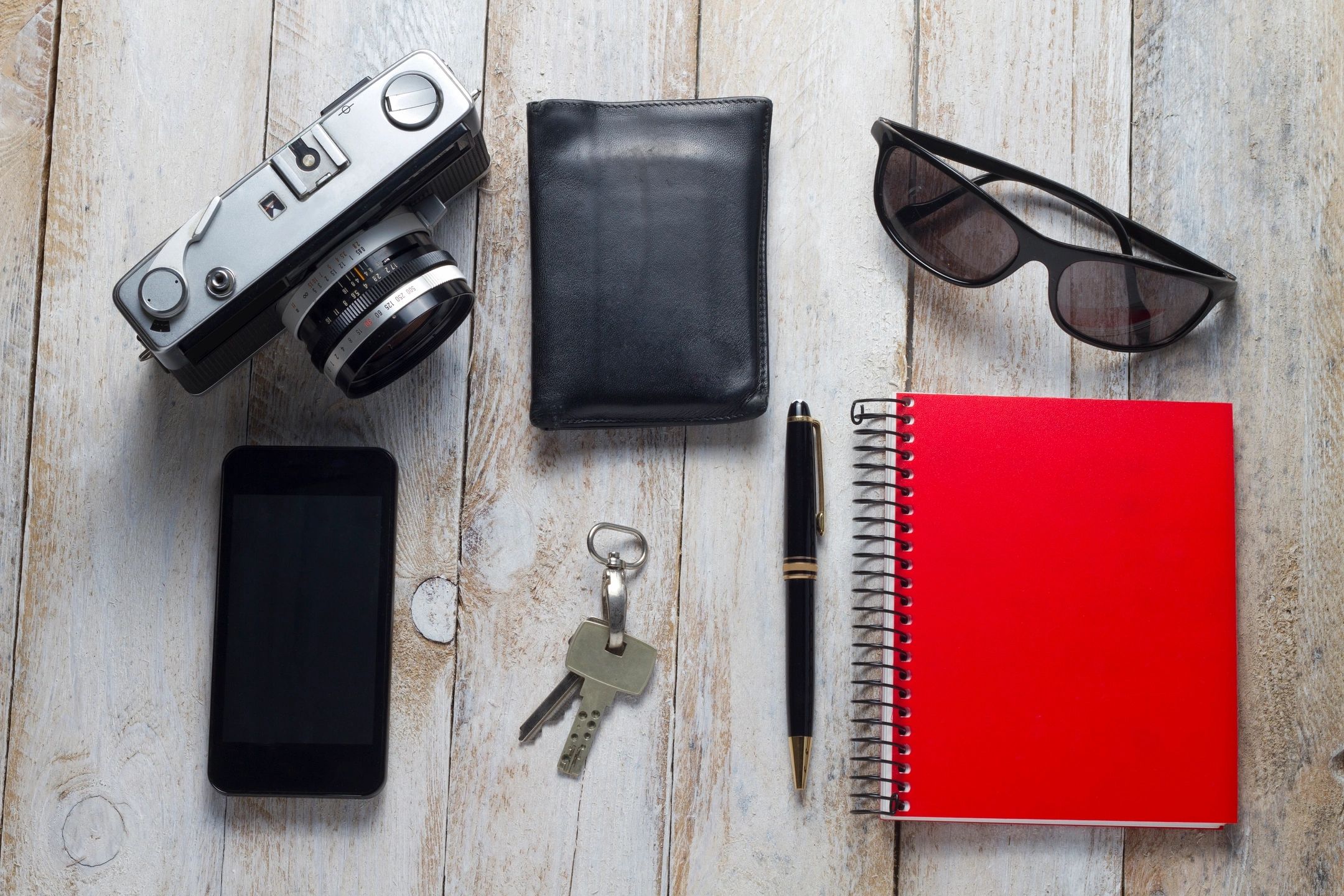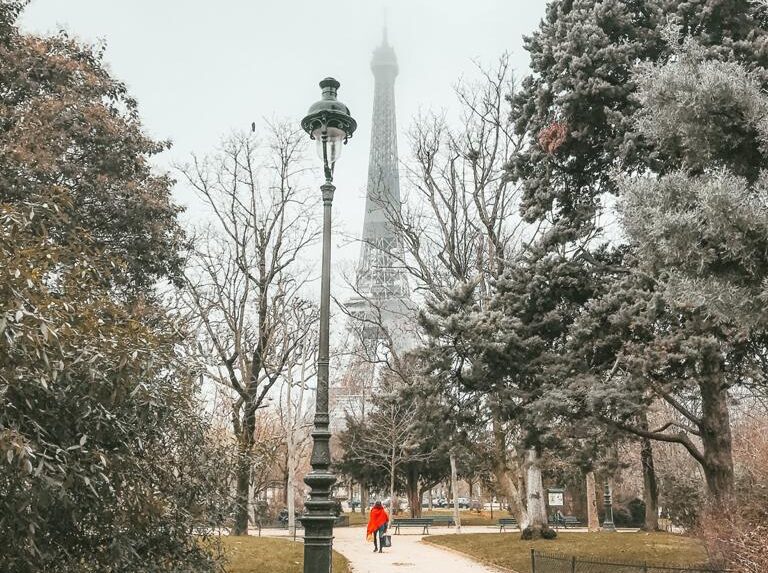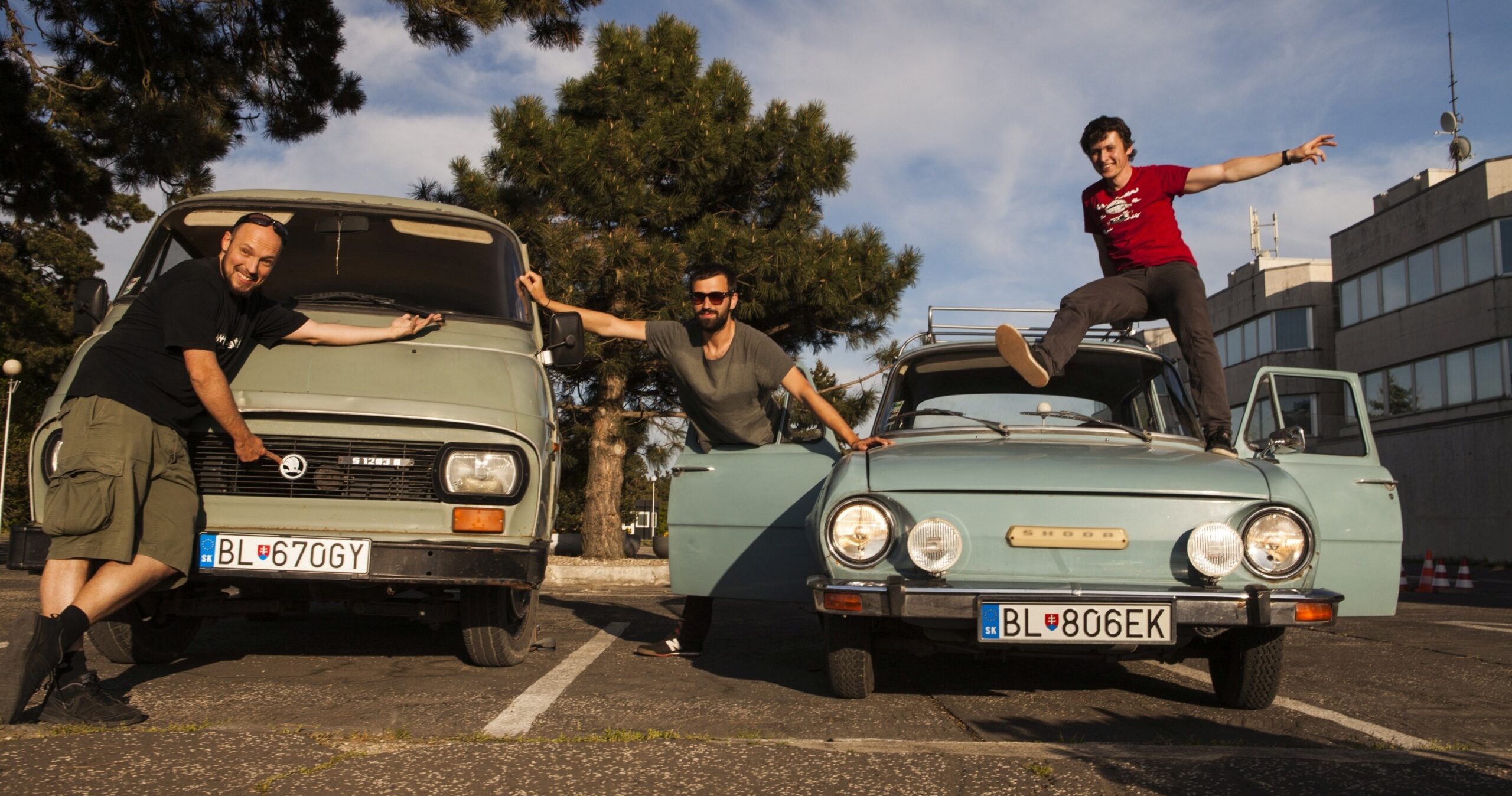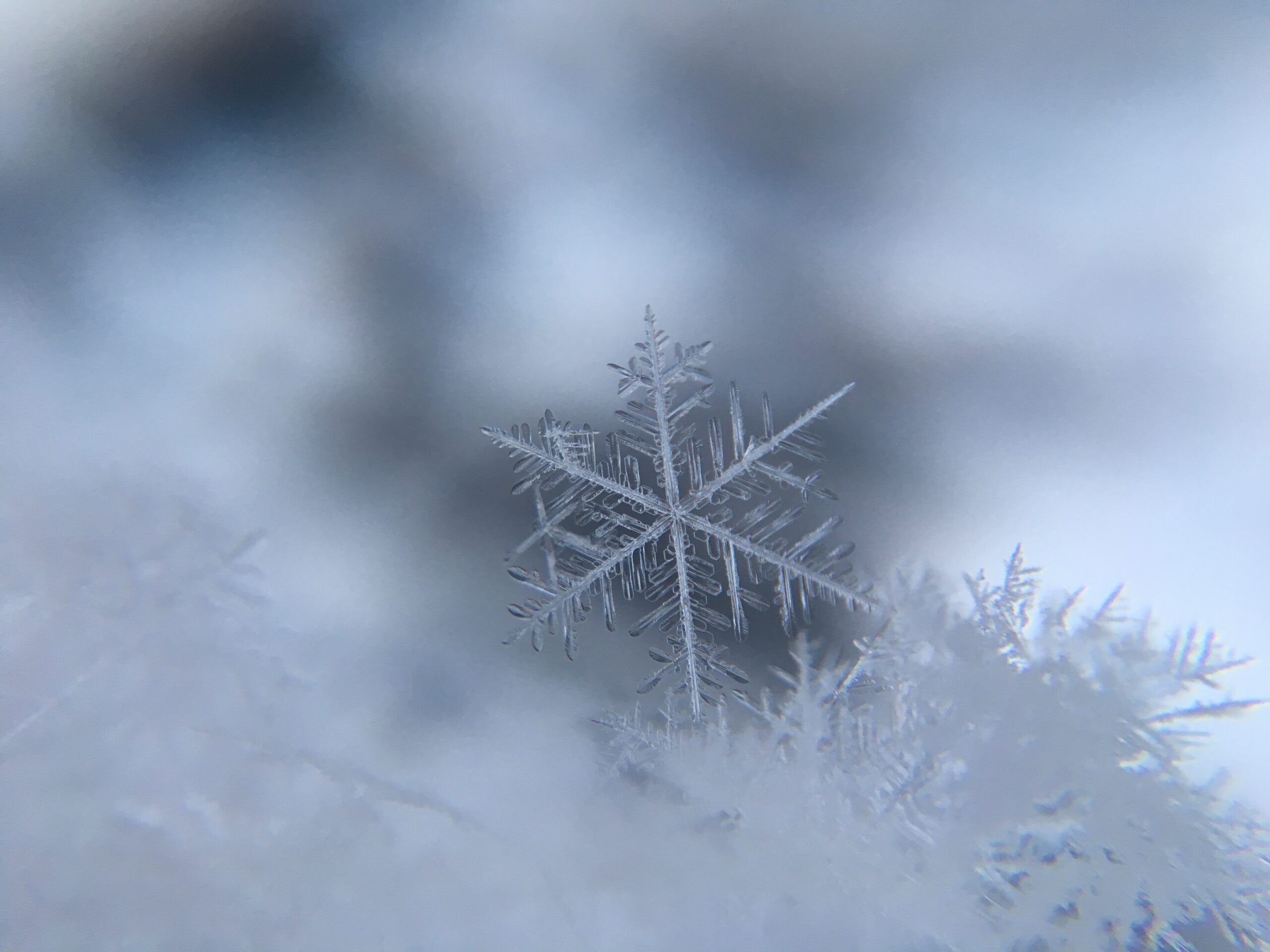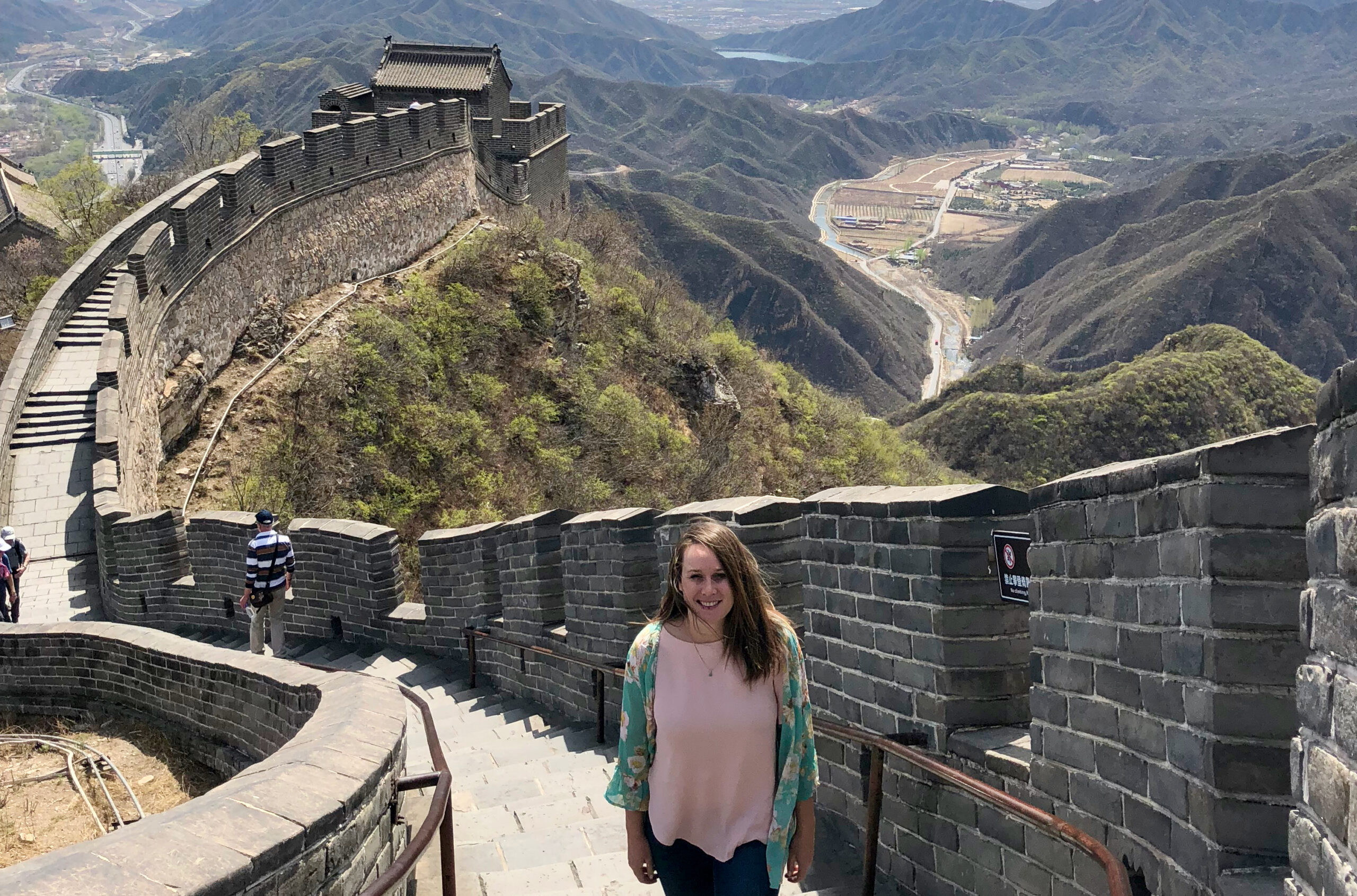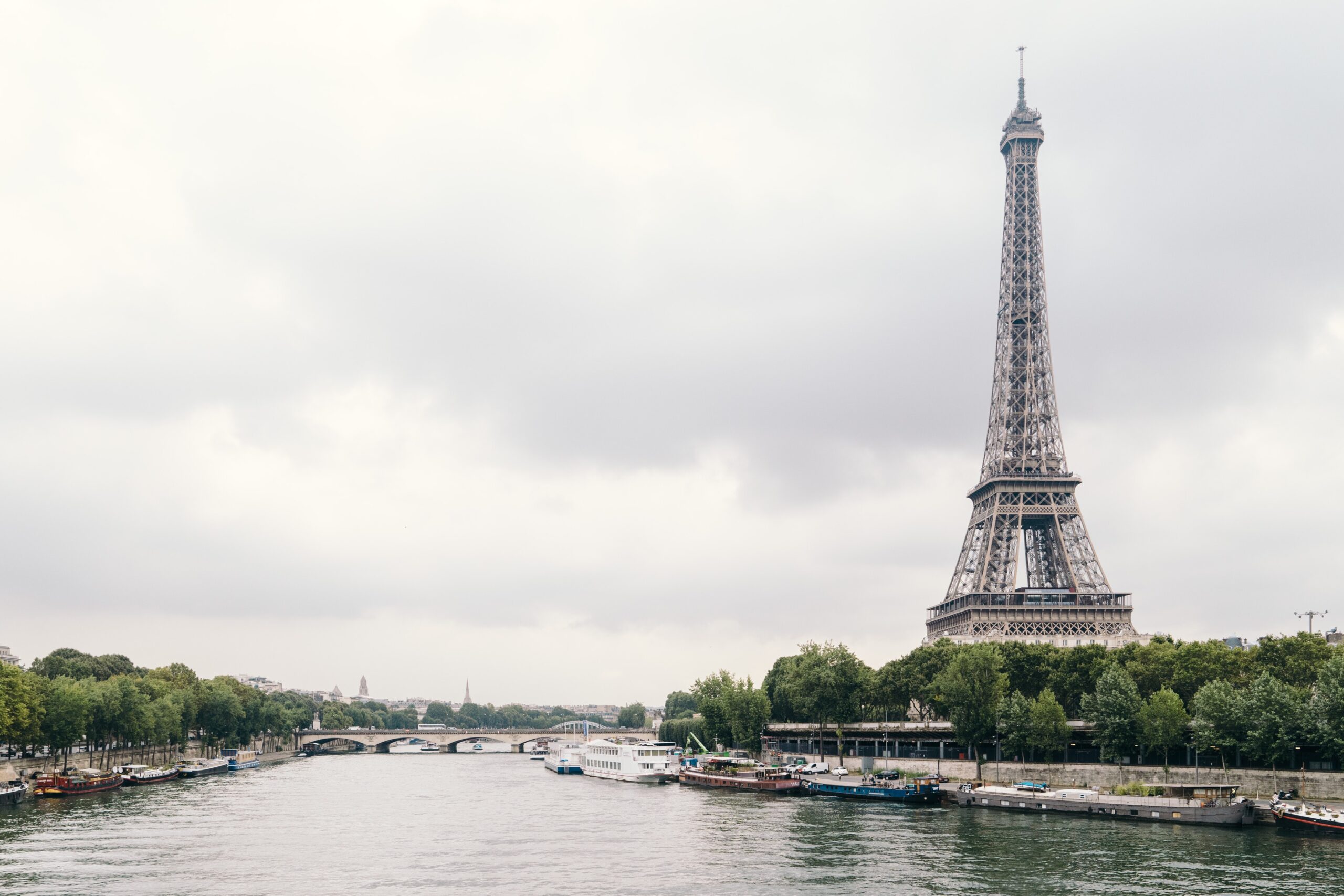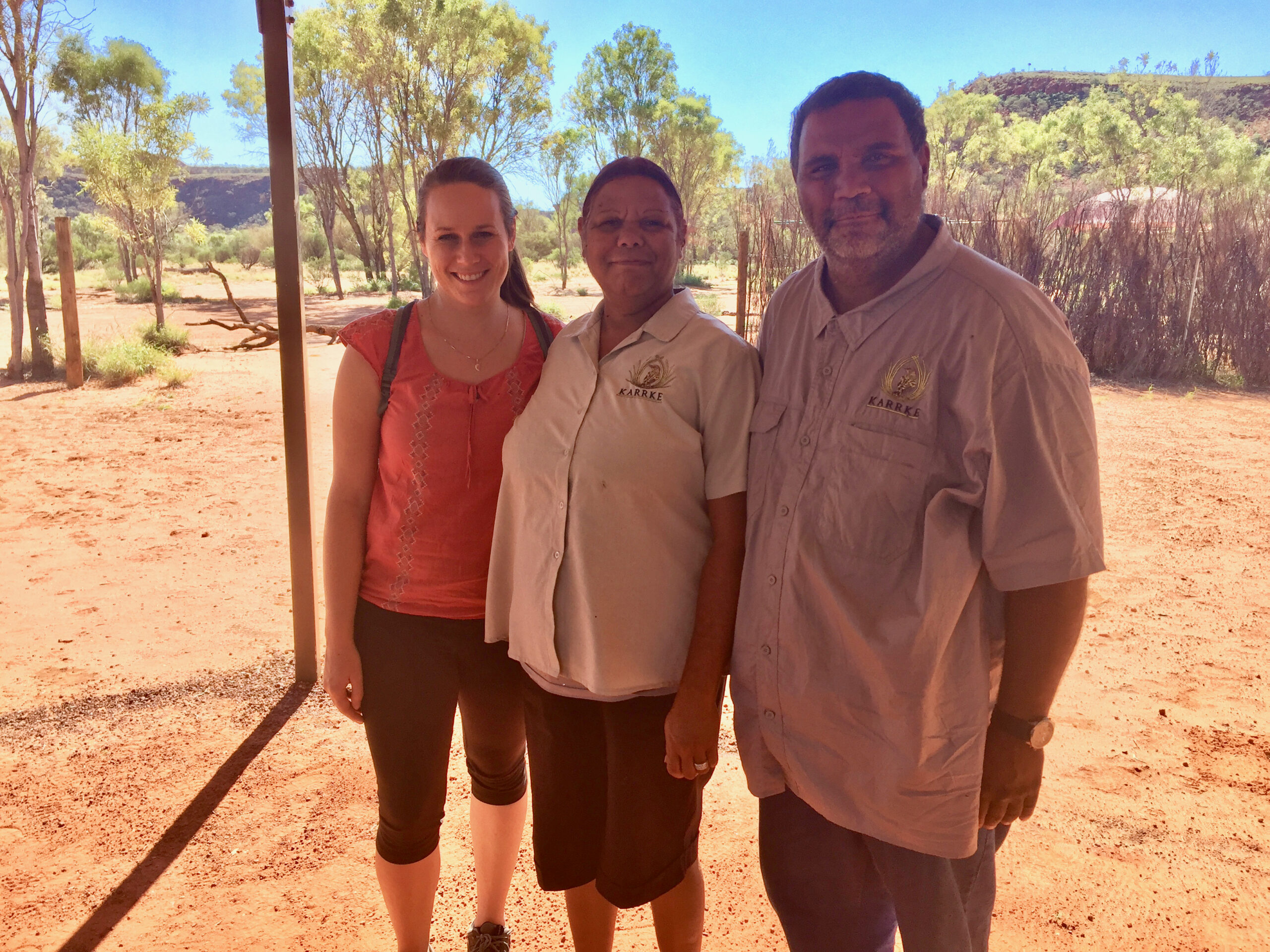The wildness of Dominica envelops me before my feet even touch the ground. Outside the window of a regional jet, curves of verdant jungle mountains surround, a cacophony of layered leaves twisting below like the curved backbone of a snake in
It's been 20-months since I last set foot out of the United States, a fact I'm at once astounded and ashamed to admit given my prior history of living and working abroad, formulating my existence in hot pursuit of every
My very last international trip before the global pandemic hit churned with upheaval. I arrived in France in December of 2019 amidst rain storms and the start of the country's largest transportation strike in three decades. With nearly all metro, bus and even air travel ceasing operations my grand plans of enjoying the city after a business trip ground to a halt. Despite the disruptions to travel and blustery skies, my friend Lucie, a Paris local, swooped into the rescue, helping me find light in the darkness over live music and beef bourguignonne at Le François Felix. Two nights later Lucie and her partner François welcomed me to their apartment for a dinner party. Wine and conversation flowed over fondu and buche de noel filling me with such a warm feeling of belonging. Moments like this in harmony with friends and strangers are what I miss most about pre-pandemic life.
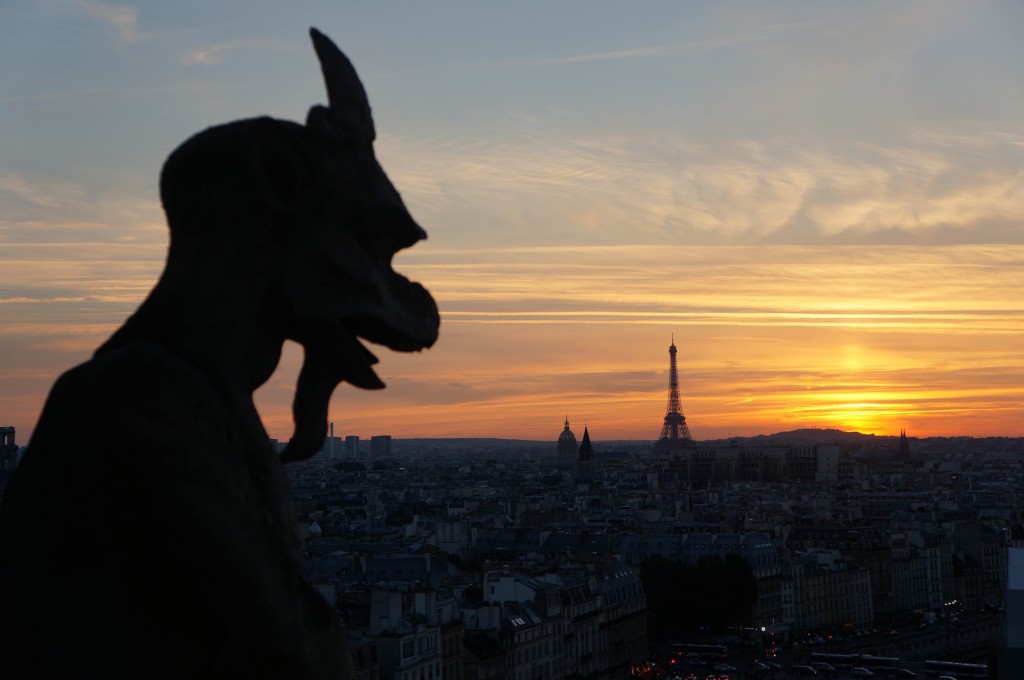
Life in France during the COVID-19 Pandemic
This Week We’re Talking To: Lucie Merieux, France
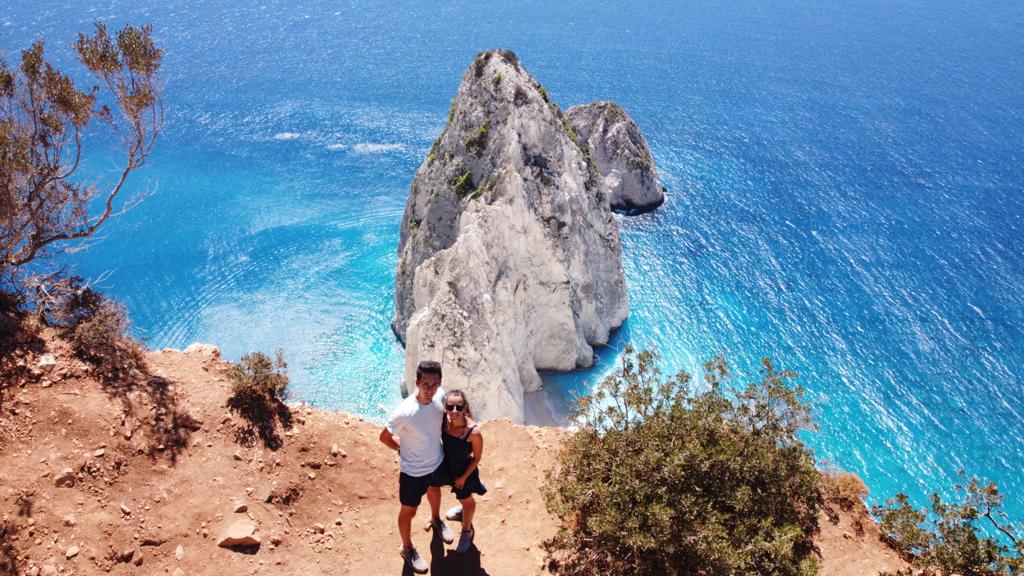
Lucie Merieux is a marketing consultant and avid traveler who lives in Paris. We first met while working for a travel marketing agency in Los Angeles, connecting over our mutual deep love of exploring the world. Read on for our letter from lockdown conversation to learn what life has been like in France during the COVID-19 pandemic.
Slovakia is no stranger to difficult times.
For four decades, Bratislava, the capital of the land locked nation in Central Europe, lay behind the Iron Curtain, closed off from the West and ruled by the Soviets under a strict and oppressive Communist government. What is today known as Slovakia had yet to stand as its own, rather forming part of the larger Czechoslovakia.
After the fall of Communism in 1989, Czechoslovakia peacefully split into two separate nations in what was known as the Velvet Revolution and Slovakia became an independent country in 2003. Though 25 years have passed since the Velvet Revolution and Communism has become part of the country’s past, Slovakia has undergone rapid transformations in recent years, becoming a hotspot for adventurous travelers and artists.

This Week We’re Talking To: Braňo Chrenka, Slovakia
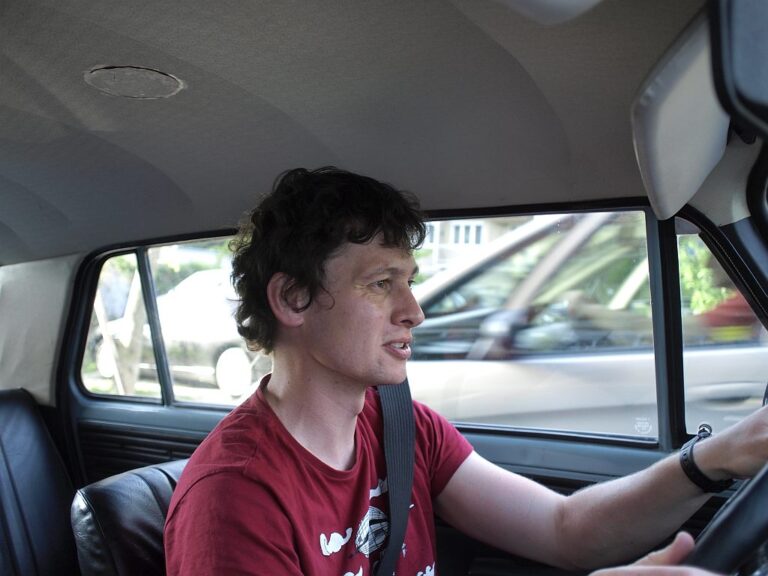 A native of Bratislava, Braňo is the Co-founder and CEO of Authentic Slovakia. Over the course of his life he has experienced many changes in his home country from the collapse of the communist regime in 1983 and Velvet Revolution of 1989 to a post-communist dictatorship lasting through 1998 and recent years of early capitalism.
A native of Bratislava, Braňo is the Co-founder and CEO of Authentic Slovakia. Over the course of his life he has experienced many changes in his home country from the collapse of the communist regime in 1983 and Velvet Revolution of 1989 to a post-communist dictatorship lasting through 1998 and recent years of early capitalism.
If you've been following my blog for a while now you'll know that one of my favorite regions on the planet is the Australian Outback. I first visited the magnificent Red Centre in 2010 while participating on a journalism exchange program in Melbourne. Camping and hiking through the otherworldly landscapes of Uluru, Kings Canyon and Alice Springs hardened me into a traveler and the bright desert sands, distinct cultures and spiritual energy of this sacred region awakened in me a desire to see the world.
In the Australian Outback the land stretches for miles and, apart from the roads, you can often drive for hours without any evidence of humanity in sight. Stretching over 520,000 square miles, the vast region is more than six times the size of the entire United Kingdom. It takes six hours by car to travel from Alice Springs, one of the larger towns and tourist hubs, to Uluru, and 15 hours to Darwin, the territory’s capital on the northern coast.
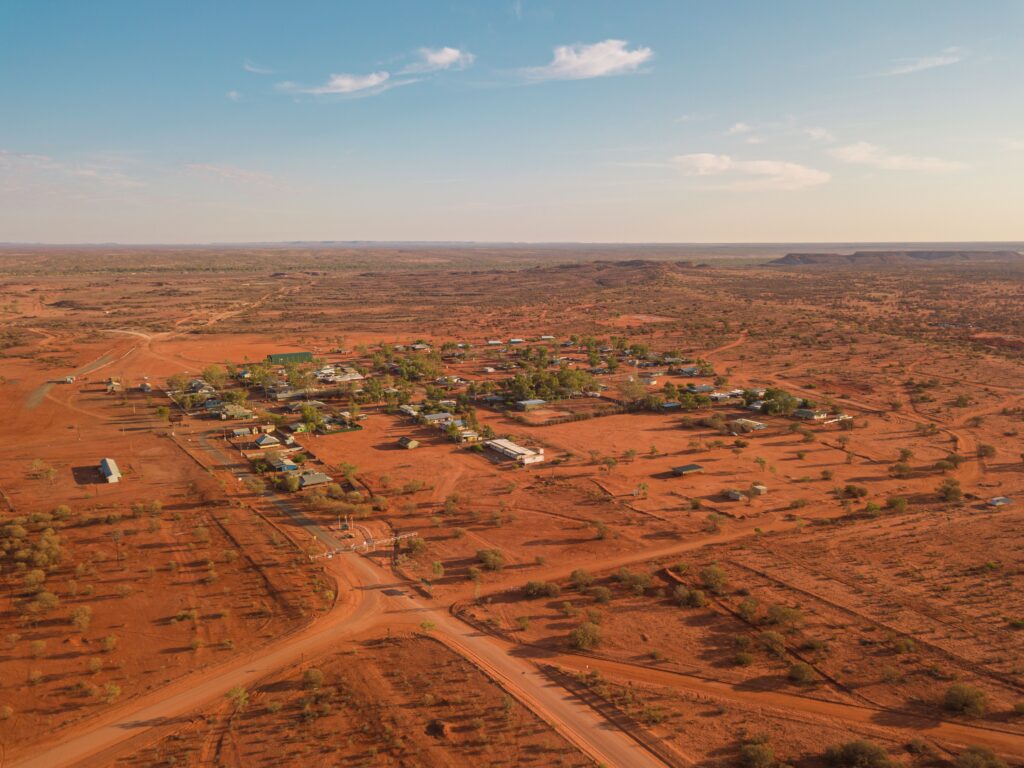
Life in the Australian Outback During the COVID-19 Pandemic
During the coronavirus pandemic Australia has taken some of the strictest lockdown measures in the world, shutting down entire cities, closing borders between states and issuing infringement notices for those who breach self-quarantine rules. This has allowed the country to manage outbreaks much more effectively than in the United States and the entire country has seen less than 1,000 deaths. However, the approach has made survival in remote regions such as the Australian Outback even more difficult as communities have been cut off from the outside world and vital supplies.This Week We’re Talking To: Christine Breaden, Australia
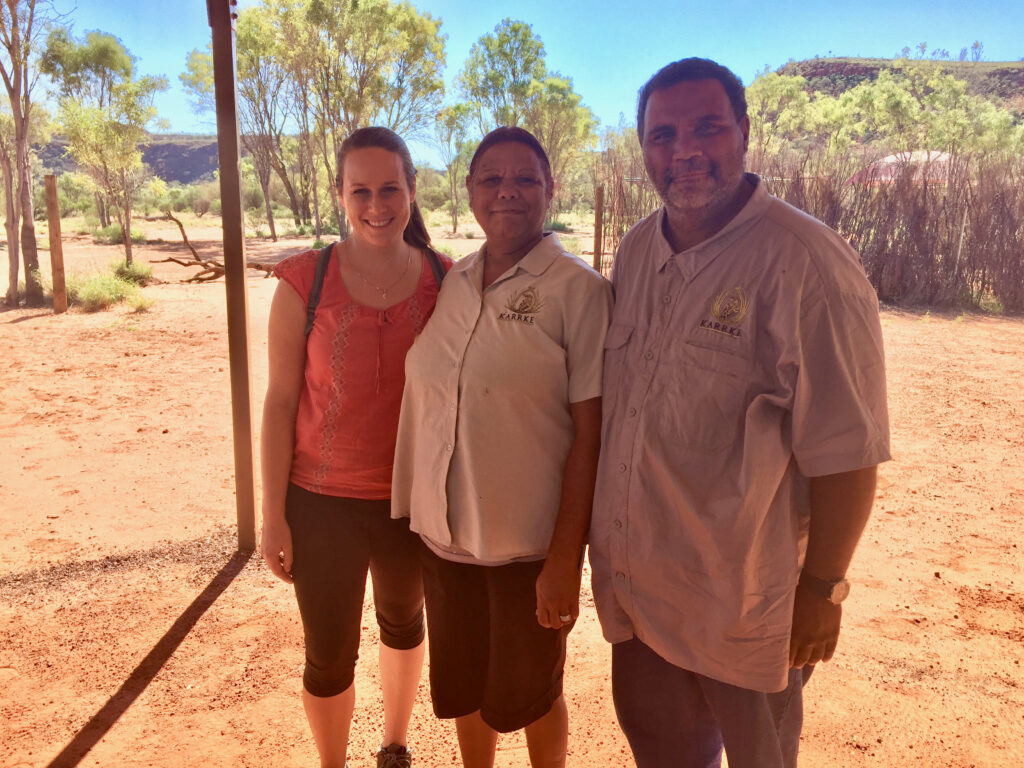 Christine Breaden is a Luritja woman representing one of the world's oldest continuous cultures. She is a multi-talented artist in dot painting, wood working and traditional branding techniques. Along with her husband Peter, she operates Karrke Aboriginal Cultural Experience and Tours, set on her ancestral land near Kings Canyon National Park. Their tourism business aims to help preserve the Luritja language, cultural knowledge and heritage for future generations.
Christine lives three and a half hours by car from the nearest city of Alice Springs. As memes about a lack of cleaning products flooded the internet last year, access to food for her family became a real issue. Read on for our letter from lockdown conversation to learn what life has been like in the Australian Outback during the COVID-19 pandemic.
Christine Breaden is a Luritja woman representing one of the world's oldest continuous cultures. She is a multi-talented artist in dot painting, wood working and traditional branding techniques. Along with her husband Peter, she operates Karrke Aboriginal Cultural Experience and Tours, set on her ancestral land near Kings Canyon National Park. Their tourism business aims to help preserve the Luritja language, cultural knowledge and heritage for future generations.
Christine lives three and a half hours by car from the nearest city of Alice Springs. As memes about a lack of cleaning products flooded the internet last year, access to food for her family became a real issue. Read on for our letter from lockdown conversation to learn what life has been like in the Australian Outback during the COVID-19 pandemic.
Introducing Letters from Lockdown As we approach the year anniversary of the COVID-19 pandemic it becomes more and more evident that, despite the promise of vaccines, life won't be returning to normal anytime soon. The world has been disrupted in a
One of the positives that’s come out of the coronavirus pandemic for me personally is a deeper connection to nature. In losing a life of travel I’ve gained a year grounded in (mostly) California and in giving up a commute
From a bird’s eye view, at first glance there's little that appears to remain of ancient China in Beijing. As our plane makes its descent into Beijing Capitol International Airport the scene that unfolds is one of distinct modernity –
Rain drops splatter on the ground as I cross a bridge over the Seine and set foot on the Left Bank. It’s a cold and bleak December day in Paris and I’m attempting to visit the Edgar Degas exhibit at the Musee d’Orsay for the second day in a row. The day prior I arrived to find the museum unexpectedly closed, another unannounced victim of a transportation strike that will grow to be the country’s largest in three decades.
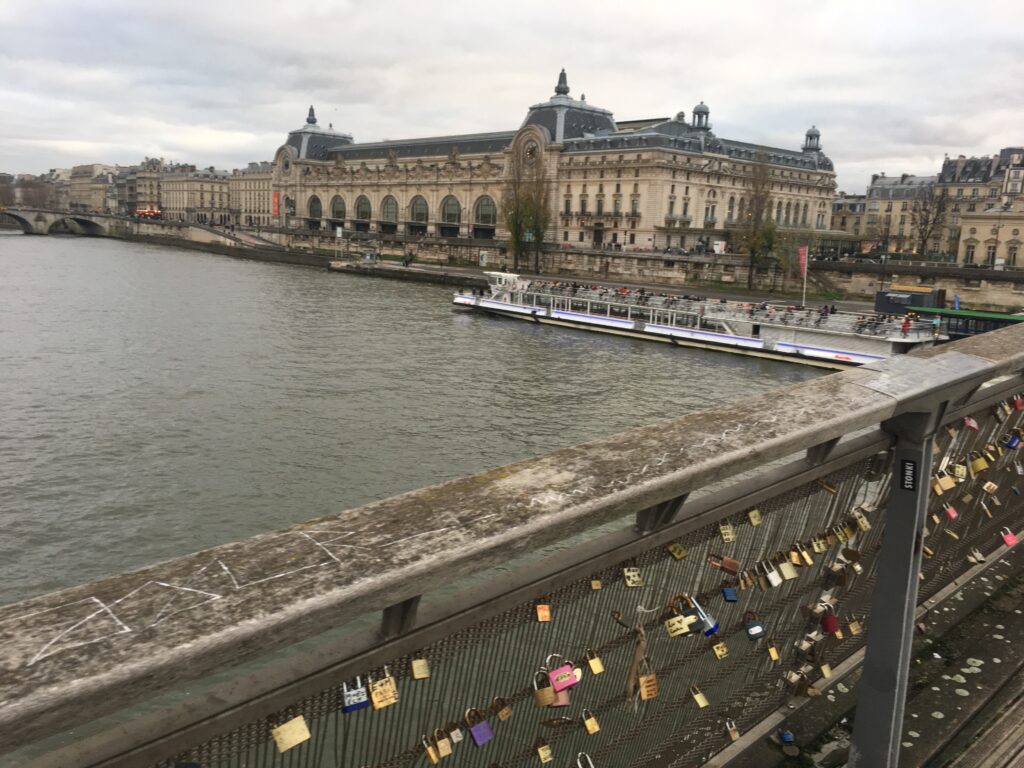 While strikes are all too common in French life, this particular strike is more drastic than most. Transportation workers are protesting changes to the national pension system and virtually all modes of transportation have ground to a halt. From airplanes and trains to the metro and buses, the majority of drivers are on strike. In Paris only two of 16 metro lines operate – the two automatic lines that don’t require drivers. Many drivers are also taking to the streets in angry groups to protest near government buildings and tourist attractions.
The interruptions and furor over President Macron’s proposed changes have cast a cloudy glow over my time in Paris. I’m here for work and meetings that are usually upbeat and jubilant are filled with an aura of foreboding as worries over the duration and intensity of the strikes grow.
While strikes are all too common in French life, this particular strike is more drastic than most. Transportation workers are protesting changes to the national pension system and virtually all modes of transportation have ground to a halt. From airplanes and trains to the metro and buses, the majority of drivers are on strike. In Paris only two of 16 metro lines operate – the two automatic lines that don’t require drivers. Many drivers are also taking to the streets in angry groups to protest near government buildings and tourist attractions.
The interruptions and furor over President Macron’s proposed changes have cast a cloudy glow over my time in Paris. I’m here for work and meetings that are usually upbeat and jubilant are filled with an aura of foreboding as worries over the duration and intensity of the strikes grow.
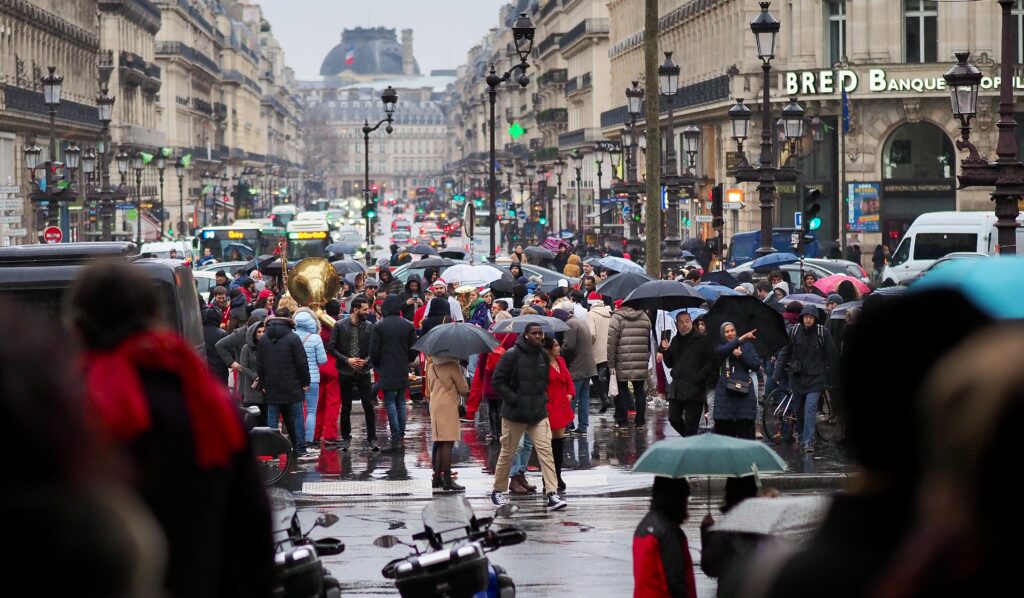 The gloom carries into the weekend long after all meetings have ended. I had planned to spend a weekend enjoying the city with my good friend from Italy, but with flights canceled and transportation to the city center ground to a halt, the tires in our girlfriend getaway have been deflated and I’m left to pass a wintry weekend alone.
At many chapters in my life the prospect of a solo weekend in Paris would have filled me with glee. But in December 2019 I feel only ennui as the 48 hours that remain in my visit to France stare back at me like the slow moving hands of a ticking clock. Had I known that this would be my last international trip before coronavirus changed the world forever would I have tried harder to brush away these downcast feelings?
The gloom carries into the weekend long after all meetings have ended. I had planned to spend a weekend enjoying the city with my good friend from Italy, but with flights canceled and transportation to the city center ground to a halt, the tires in our girlfriend getaway have been deflated and I’m left to pass a wintry weekend alone.
At many chapters in my life the prospect of a solo weekend in Paris would have filled me with glee. But in December 2019 I feel only ennui as the 48 hours that remain in my visit to France stare back at me like the slow moving hands of a ticking clock. Had I known that this would be my last international trip before coronavirus changed the world forever would I have tried harder to brush away these downcast feelings?
Happy Thanksgiving 2020! Without a doubt, your celebrations will look much different this year than in the past as the coronavirus pandemic rages on and holiday gatherings are discouraged. I hope you are managing to find light in the darkness with


